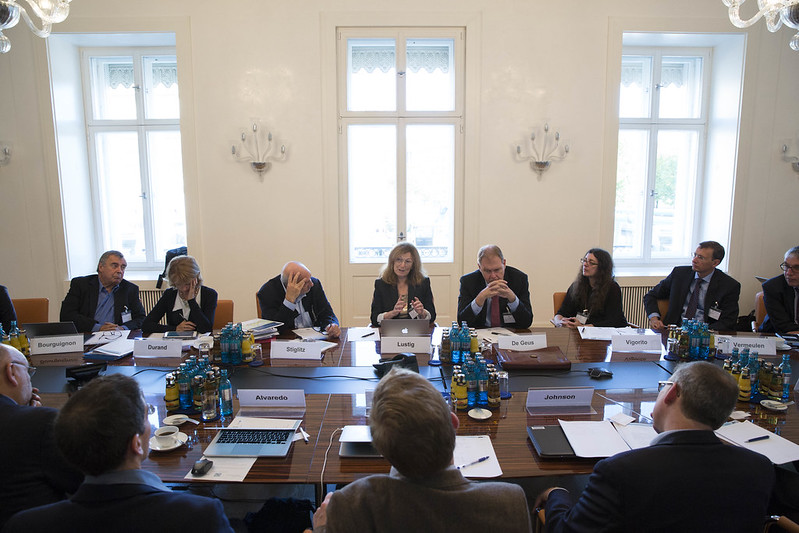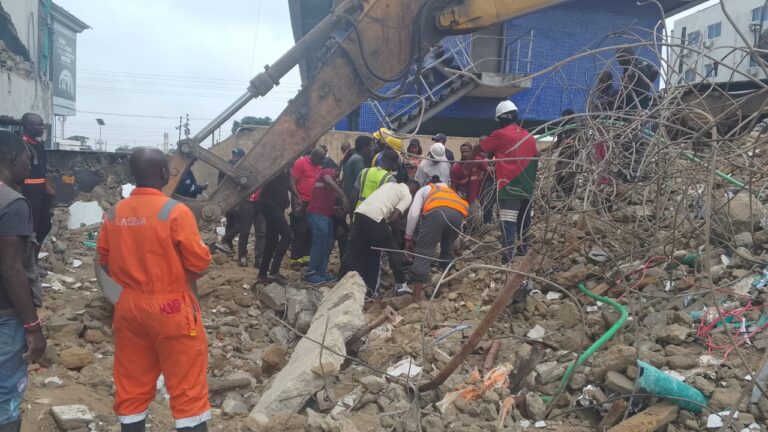
By Fatima Saka
The High-Level Expert Group (HLEG) on Net-Zero Emissions Commitments of Non-State Actors has released a new progress report titled “Integrity Matters”, urging businesses, investors, cities, and regions to develop comprehensive, high-integrity net zero transition plans by 2025.
The report also calls on governments to enact regulations that drive climate action at a faster pace.
The announcement, led by HLEG Chair Catherine McKenna, was made during the 29th Conference of the Parties (COP29) in Baku, Azerbaijan.
According to the report, the update responds to a request from UN Secretary-General António Guterres to evaluate progress made since the 2022 Integrity Matters report and highlight what remains to be done for credible net zero commitments.
“The leaders highlighted in this review show that high-integrity net zero is achievable. It’s no longer credible for companies, investors, cities, and regions to claim that advancing faster on the climate crisis is too difficult or costly,” said McKenna. “However, to achieve the 1.5°C Paris Agreement target, we need a broader range of actors to follow these examples and produce high-integrity transition plans by 2025.”
The report emphasizes that many cities, states, and regions are already witnessing economic opportunities in the energy transition and are making efforts to capitalize on them. Nearly 100 leading global cities have climate action plans that align with the Paris Agreement, guided by C40’s Cities Climate Transition Framework.
Integrity Matters also notes that, according to Net Zero Tracker, 1,145 of the world’s 2,000 largest publicly listed companies have voluntary net zero commitments a 23% increase since June 2023, particularly in Asia. However, a significant portion of these targets and plans still fall short of the criteria outlined in the original report. One notable gap is the lack of voluntary commitments to phase out fossil fuels, a fundamental step for all transition plans, alongside increasing support for doubling energy efficiency and tripling renewable energy capacity.
Other major shortcomings include alignment with investment plans, the incorporation of nature and just transition commitments, and the need for independent auditing, verification, and assurance. “Voluntary efforts alone are insufficient for the scale and pace of change we need,” McKenna said. “Governments must step up with regulations to make net zero pledges more reliable and to give investors certainty.”
A recent World Business Council for Sustainable Development (WBCSD) report highlights that 90% of businesses are prepared to invest more if governments enact policies to address sector-specific barriers. The momentum is already evident, as many large corporations are gearing up for mandatory climate disclosure regulations, such as the EU’s Corporate Sustainability Reporting Directive (CSRD) and California’s new disclosure requirements that impact most Fortune 1000 companies.
The report calls for further alignment with non-state actors as countries prepare to submit new Nationally Determined Contributions (NDCs) in 2025. By encouraging corporates and sub-national governments to set rigorous net zero targets and plans, nations can bolster the credibility of their climate goals.
This aligns with Secretary-General Guterres’ call for action: “Every city, region, industry, financial institution, and company must be part of the solution. They must present robust transition plans by COP30 in Brazil, aligned with the 1.5°C target and the UN High-Level Expert Group’s recommendations.”
McKenna concluded with a powerful reminder: “Climate change is accelerating, and the clean energy transition is inevitable. Businesses, investors, cities, and regions already have the tools to act decisively and should collaborate with national governments to achieve the Paris Agreement goals. Every fraction of a degree matters, and every tonne of CO2 makes a difference. We must do the hard work now, or we will face the consequences tomorrow.”
Reactions to Integrity Matters: The Hard Work Is Now
Laurence Tubiana, CEO of the European Climate Foundation, praised the progress but underscored the urgency: “It is heartening to see the progress made over the last two years. However, the speed of change demands immediate action to deliver emissions reductions and a just transition.”
Guenther Thallinger, Chair of the Net-Zero Asset Owner Alliance, emphasized the role of governments: “Investment portfolios can follow scientific pathways, but stronger NDCs and implementation plans are essential for investors to further reduce emissions.”
Amanda Starbuck of The Sunrise Project added, “Two years after Integrity Matters, net-zero pledges have increased, but action has lagged. Regulations must ensure the phase-out of fossil fuels and protect people and nature. Corporations and governments already have enough knowledge to drive bold changes.”
Arunabha Ghosh, CEO of CEEW, highlighted the critical need for credibility: “Tracking and showcasing global progress or the lack thereof is now more vital than ever for a sustainable planet.”
Helena Viñes Fiestas, Co-Chair of the Taskforce on Net Zero Policy, called for policy coherence: “Effective public policy is crucial to inspire corporate action and guide financial flows.”
Dylan Tanner, Executive Director of InfluenceMap, pointed out the private sector’s significant role: “The HLEG’s work on transparency and ambition is essential for distinguishing genuine efforts from greenwashing.”
Peter Bakker, President of WBCSD, emphasized the need for swift collective action: “The findings of the recent 2024 Business Barometer report underline the necessity of moving quickly. We need to act now.”



